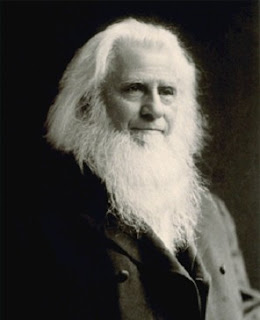What Led To Grape Juice Being Used In Communion?
The development of pasteurized grape juice by Thomas Welch as a substitute for Communion wine is well documented. Welch, a pietistic, temperance-minded nineteenth-century Methodist, pioneered what is today a $650 million-a-year grape juice business, a business that benefited directly from Protestant churches in the nineteenth century caught up in the burgeoning temperance movement. Welch's motivation in pasteurizing grape juice was utterly clear--he sought the end of the "scandal" of serving alcohol in the church. Perhaps just as fascinating, at the same time there began the first theological attempts at claiming that wine was not used in Communion in the New Testament and that Jesus was actually a teetotaler.
Taken From: "The Defense Never Rests," By Craig Parton (Concordia Publishing House, 2003), 142.
For More Information On This Subject See:
- Richard Ostling, "Wine or Grape Juice: A Communion Conundrum," Associated Press article, Salt Lake Tribune, 18 May, 2002.
- William Chazanof, Welch's Grape Juice: From Corporation to Cooperative (New York: Syracuse University Press, 1977)
- Betty O'Brien, "The Lord's Supper: Traditional Cup or Innovative Cups of Individuality," Methodist History 32, no. 2 (January 1994): pp. 79-98.
Join in the conversation on Facebook: CLICK HERE

Comments
Are you arguing that grape juice should not be used at all in Communion?
Ron Voss
I am out of town and don't have Internet service. Sorry for the delayed response.
As far as this post. I merely posted it because I found it facinating to see that the reasons for using grape juice in communion among some churches is not theologically motivated but apparently rooted in a cultural motivations.